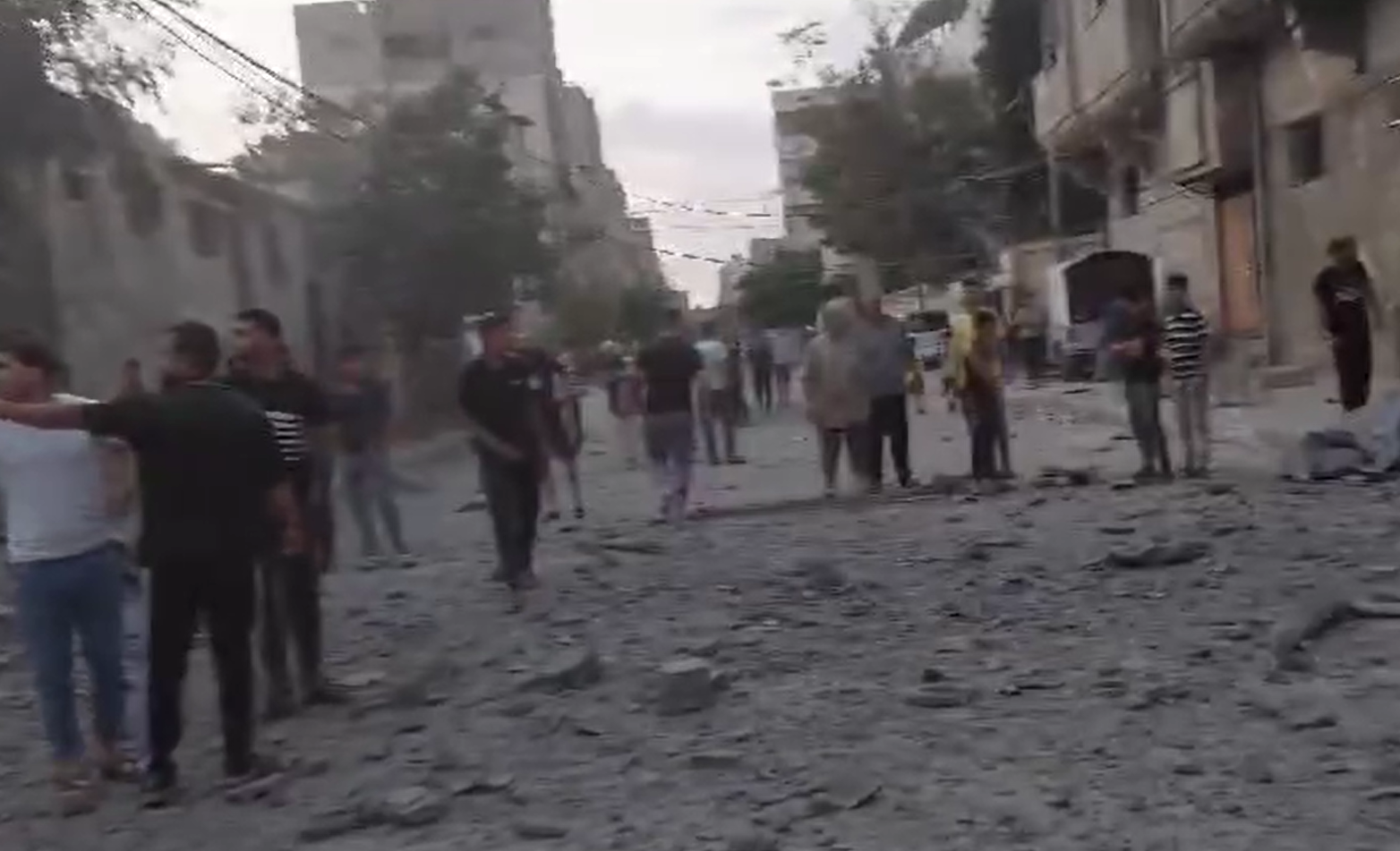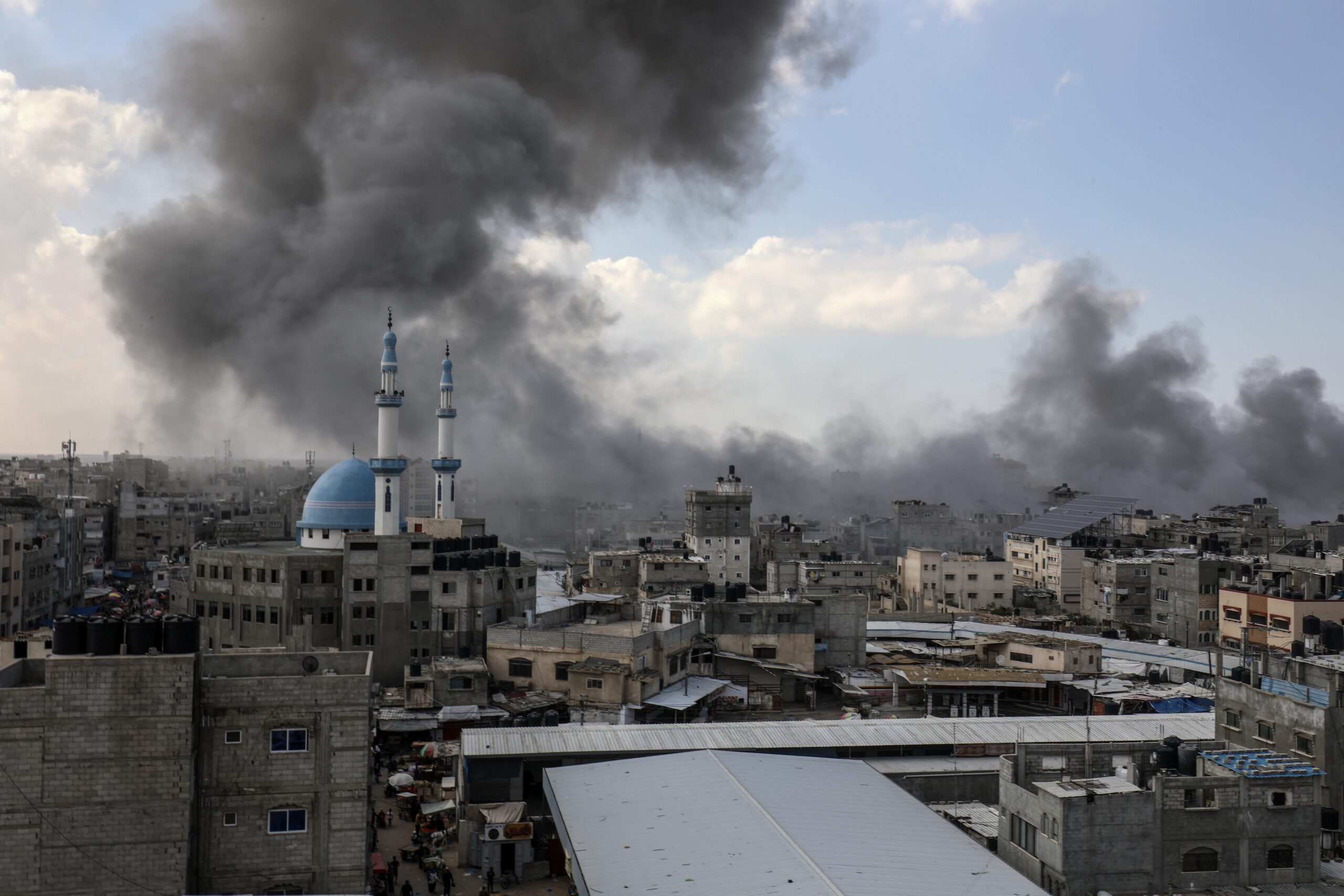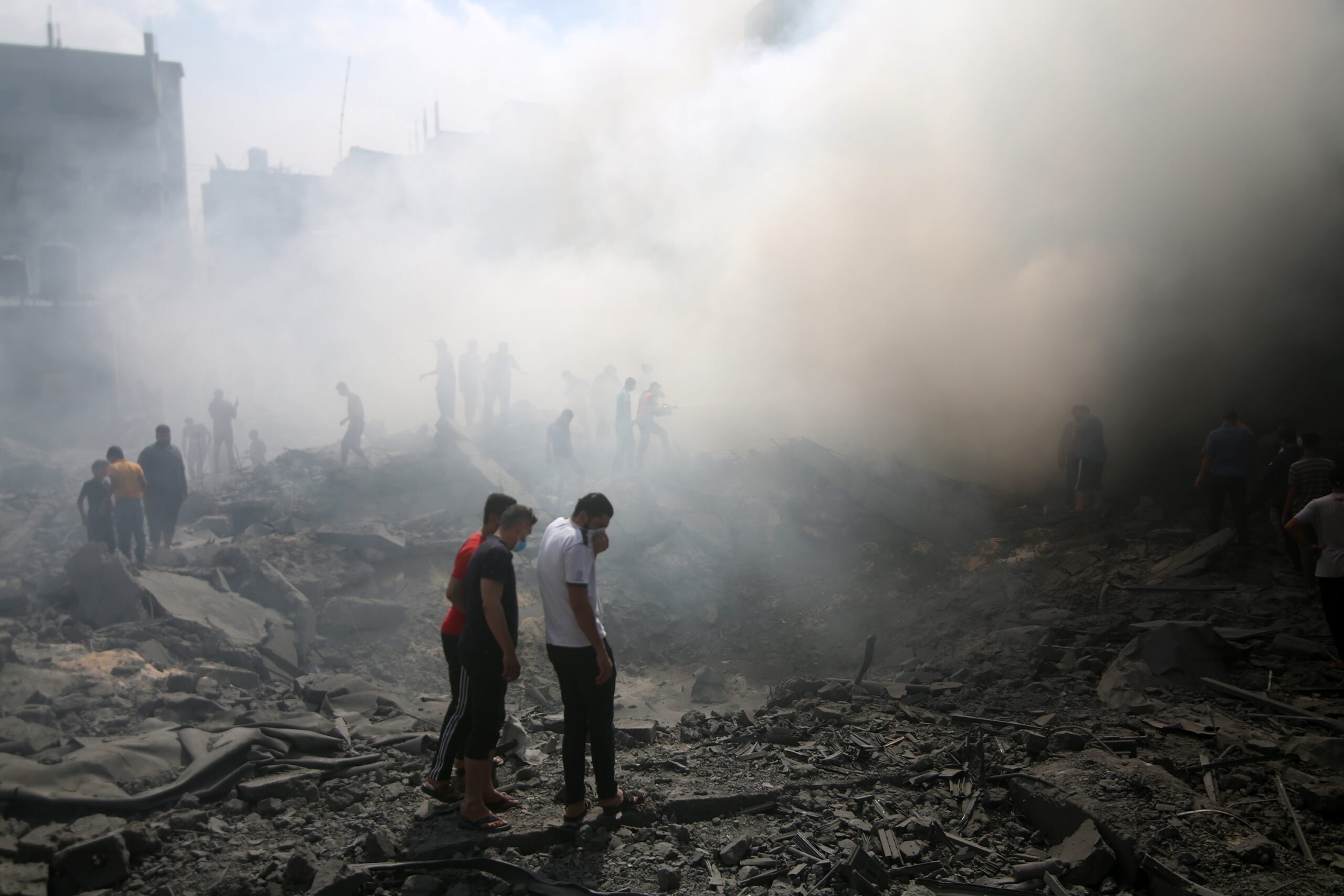[ad_1]
HOLLYWOOD, Fla. (Reuters) – Inside a sweltering nursing home, a crisis unfolded on Wednesday as 150 centers across Florida still lacked power days after Hurricane Irma ravaged the state.
Firefighters and medics responding to an emergency call in Hollywood north of Miami found three people dead inside a building whose second floor the police chief later described as “extremely hot.”
Altogether, city officials said eight people between the ages of 71 and 99 had died, but the causes were not yet determined. An investigation of possible criminal negligence has begun, Hollywood Police Chief Tomas Sanchez told reporters.
Attempts by Reuters to reach an official of the for-profit Rehabilitation Center at Hollywood Hills home by phone and email were unsuccessful.
While Sanchez declined to say what the temperatures were on the second floor of the building, the deaths illustrate the perils that can persist and even increase in the aftermath of a major disaster for the elderly and medically fragile.
Heat is a top killer after hurricanes and disasters cause power outages, said Dr. Thomas Kirsch, director of the National Center for Disaster Medicine and Public Health. Kirsch noted that hundreds of elderly people died in the 1995 Chicago heat wave and when Hurricane Katrina devastated New Orleans in 2005.
The temperatures in Broward County north of Miami have reached 90 degrees Fahrenheit (32 degrees Celsius) in the three days since Irma smashed into Florida on Sunday.
“We often see that injuries and deaths after disaster in the United States are more common than those actually caused by the disaster itself,” Kirsch said.
After losing its full air conditioning on Sunday, the facility placed eight portable air coolers throughout the building and fans in the halls, state officials said in an emergency order late on Wednesday. Officials also contacted the power provider, the state said.
NEW MEASURES
Efforts to prevent such disasters in nursing facilities have improved in recent years, public health experts said, and that new federal regulations require facilities to have sufficient backup power to maintain reasonable temperatures.
Such capacity is now being tested in Florida, home to among the highest concentrations of senior citizens in the United States with more than 1.6 million people ages 75 years or older, according to the 2015 U.S. Census. The U.S. Senate Aging Committee, citing the Florida deaths, on Wednesday said it would have a hearing next week on disaster planning for the elderly.
At a housing community for senior citizens in Immokalee, Florida, some residents told a Reuters reporter on Tuesday they had nothing to eat in their small apartments that were without power. An office assistant was hunting for bottled water and ice for residents without running water.
Among the state’s nearly 700 nursing facilities, about 150 lacked power as of Wednesday morning, said the Florida Health Care Association, which represents most of the homes.
Early on Wednesday, several calls were placed to emergency services from the Hollywood nursing home. More than 150 people were evacuated, many suffering from respiratory issues, dehydration and heat-related problems, according to Memorial Regional Hospital spokesman Randy Katz.
As recently as Tuesday afternoon, the home had told state health officials it had power and access to fans and spot coolers, Florida Governor Rick Scott noted in a statement.
An assisted living center that went without power for nearly three days said that its efforts to run fans and keep breezes flowing between open windows could only go so far. Inside temperatures climbed to 88 degrees Fahrenheit (31 Celsius), nearing a critical point.
“A day you can survive, two days ok,” said Dan Nelson, chief operating officer for Cape Coral Shores assisted living, adding that after that “things like what happened over in Hollywood unfortunately could happen somewhere else.”
The Hollywood center where the deaths occurred had earned a “below average” mark of two out of five stars from the nursing home rating system for Medicare, the U.S. health insurance program for the elderly and disabled, Medicare records showed.
Elder care in disaster poses challenges even in the best circumstances, said Kathryn Hyer, a professor in the School of Aging Studies at the University of South Florida in Tampa, whose research shows that evacuations can be deadly for the medically frail who are dependant on equipment and medications.
While sheltering in place can be preferable at times, she said, doing so requires planning to survive the aftermath.
“It’s just hard,” Hyer said, noting at least nursing centers offered some protections. “I really worry about the people who are in the community alone and how they are doing.”
Additional reporting by Gina Cherelus and Joseph Ax in New York, Bryan Woolston in Immokalee, Florida and Colleen Jenkins in Winston-Salem, North Carolina; additional reporting, writing by Letitia Stein in Detroit; editing by Grant McCool
[ad_2]
Source link







Leave a Reply